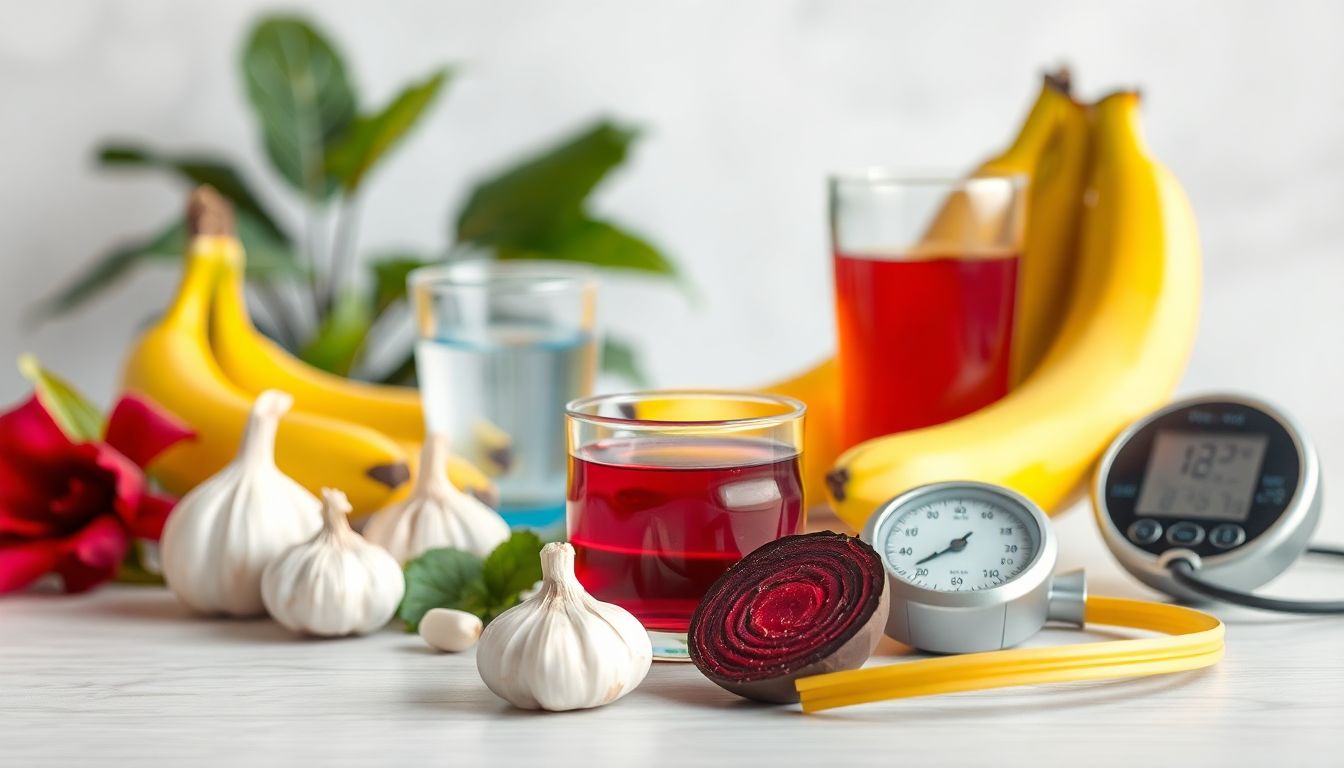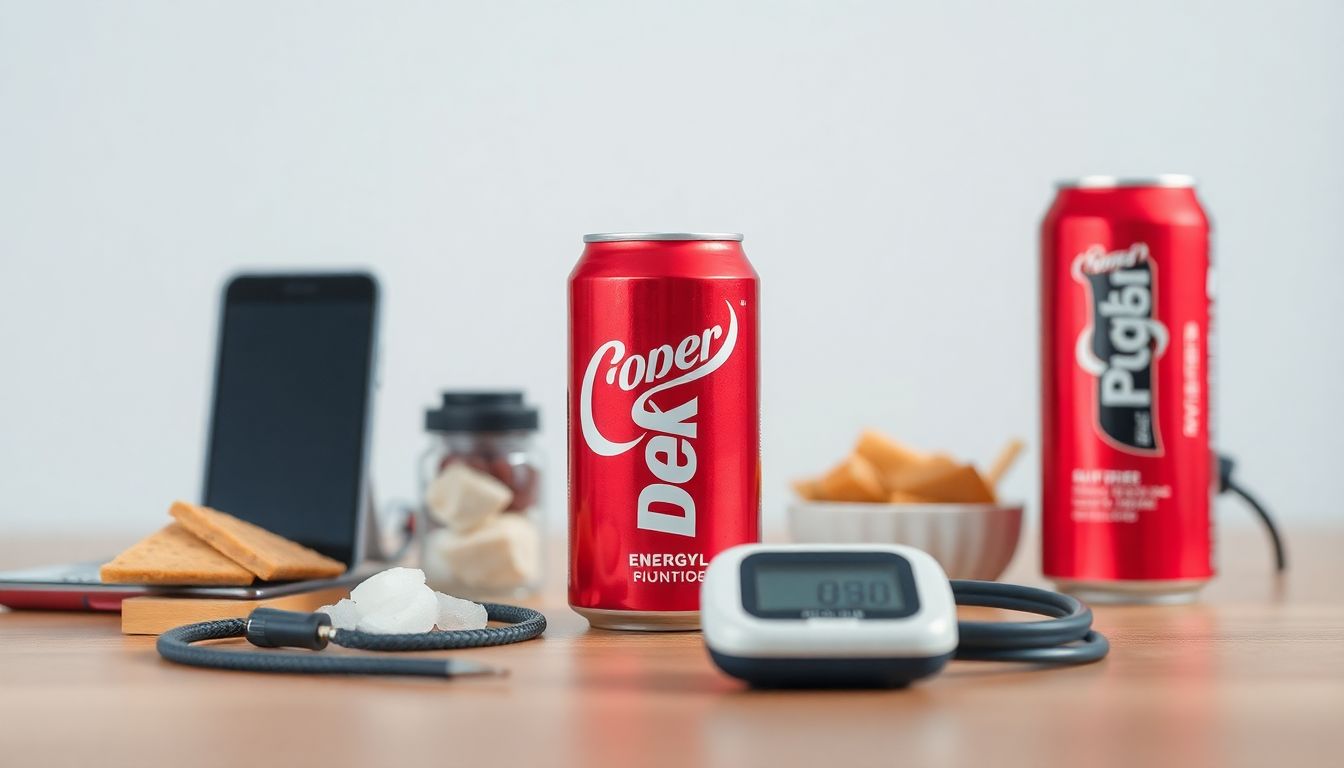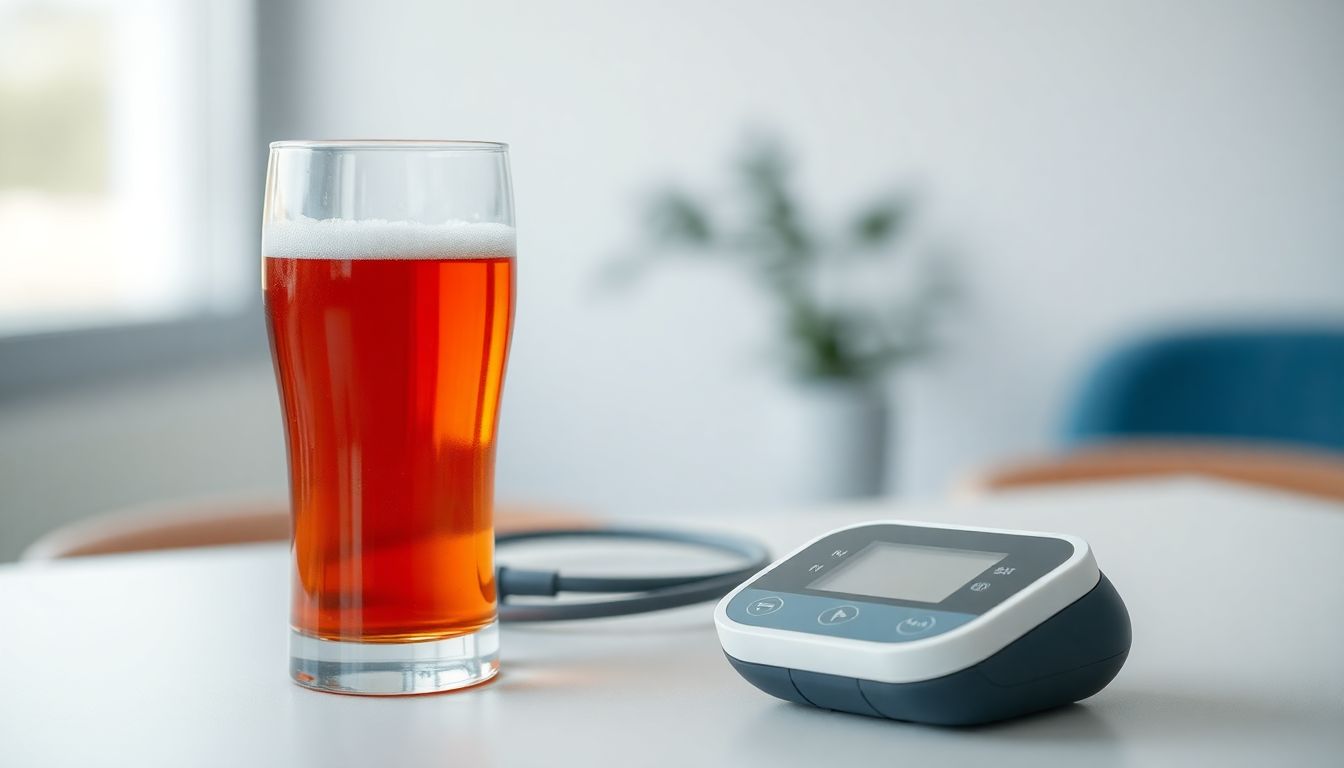When most people think about lowering blood pressure, they focus on daytime habits — diet, exercise, supplements, or morning routines.
But what happens at night may matter even more.
Sleep is when your heart gets a chance to rest, repair, and reset.
Yet many nighttime behaviors — from eating late to using your phone in bed — can keep your blood pressure elevated for hours.
This guide reveals science-backed nighttime habits that help your blood pressure drop naturally while you sleep.
(Related Reading: ➡️ Blood Pressure and Sleep: The Hidden Connection ➡️ Morning Habits That Help Reduce High Blood Pressure)
😴 1. Go to Bed at the Same Time Every Night
Irregular sleep schedules confuse your body’s natural rhythm, increasing cortisol — a hormone that raises blood pressure.
✔ Why It Matters
Studies show people with irregular sleep times have:
- Higher systolic and diastolic BP
- Higher morning BP spikes
- Increased risk of hypertension
Goal: Sleep and wake within a 1-hour window daily.
🌡️ 2. Keep Your Bedroom Cool (18–20°C)
A cooler room improves deep sleep and reduces cardiovascular stress.
✔ Benefits
- Lower resting heart rate
- Lower sympathetic nervous system activity
- More restorative sleep
Warm bedrooms increase nighttime wakefulness — which keeps BP elevated.
📱 3. Avoid Screens 1–2 Hours Before Bed
Blue light suppresses melatonin and keeps your nervous system in “alert mode.”
✔ Why This Raises BP
Screen time increases:
- Cortisol
- Heart rate
- Blood vessel tension
Replace screen time with calming routines like reading or stretching.
☕ 4. Avoid Caffeine After 2 PM
Caffeine can stay in your system for 6–10 hours, raising nighttime BP and interfering with deep sleep.
(Related: Does Caffeine Raise Blood Pressure?)
🍽️ 5. Stop Eating 2–3 Hours Before Bed
Eating late forces your digestive system to stay active, raising your heart rate.
✔ Late-night eating can:
- Increase nighttime BP by 5–10 mmHg
- Raise morning BP
- Reduce sleep quality
Choose light, heart-friendly snacks if needed (berries, yogurt, nuts).
🧘 6. Do a 5-Minute Breathing Exercise Before Sleep
Deep breathing is proven to relax blood vessels and activate the parasympathetic nervous system.
✔ The Technique
Try 4-7-8 breathing:
- Inhale for 4 seconds
- Hold for 7 seconds
- Exhale for 8 seconds
Repeat for 2–3 minutes.
This reduces systolic BP by 4–6 mmHg in many studies.
(Also read: How Stress Affects Blood Pressure)
🌿 7. Take a Magnesium Supplement at Night
Magnesium is one of the best nighttime nutrients for blood pressure.
✔ Benefits
- Relaxes blood vessels
- Reduces tension
- Supports deep sleep
- Lowers nighttime BP
(Learn more: The Role of Magnesium in Blood Pressure Control)
🛏️ 8. Elevate Your Head Slightly
Sleeping flat can worsen:
- Acid reflux
- Snoring
- Sleep apnea (major BP trigger)
A slight incline (10–15°) reduces nighttime BP and eases breathing.
💤 9. Limit Alcohol Before Bed
Alcohol feels relaxing, but it disrupts your heart rhythm and raises blood pressure during sleep.
(Related: How Alcohol Affects Blood Pressure)
🚶 10. Take a Short Evening Walk
A 10–20 minute walk after dinner can lower nighttime blood pressure by:
- Improving digestion
- Reducing blood sugar
- Lowering stress hormones
🕯️ 11. Create a Calm Pre-Sleep Routine
The goal is to tell your nervous system: “It’s safe to slow down.”
Try:
- Warm shower
- Soft music
- Dim lighting
- Aromatherapy (lavender)
- Light stretching
Nighttime routines stabilize heart rate and lower your pressure before bed.
🌙 12. Prioritize 7–9 Hours of Deep Sleep
Poor sleep increases the risk of hypertension by 3x.
Deep sleep lowers blood pressure by:
- Reducing stress hormones
- Improving blood vessel flexibility
- Supporting nighttime repair
Even one bad night can raise BP the next morning.
❓ FAQs — Nighttime Habits for Better Blood Pressure
- Can sleep lower blood pressure naturally?
Yes — BP should drop 10–20% during sleep. - Is sleeping too little bad for blood pressure?
Yes. Less than 6 hours raises hypertension risk by 30–40%. - Does sleeping on your left side help?
It may improve circulation and reduce pressure for some individuals. - Is melatonin safe for high blood pressure?
Yes, but choose low doses (1–3 mg). - Does snoring affect blood pressure?
Yes — often linked to sleep apnea, a major BP trigger. - Does stress before bed raise nighttime BP?
Absolutely. Stress hormones take hours to normalize. - What foods lower BP at night?
Berries, bananas, yogurt, nuts, and herbal teas. - Does alcohol before bed raise BP?
Yes — especially during the second half of the night. - Does magnesium help you sleep?
Yes — it relaxes vessels and calms the nervous system. - Can poor sleep cause long-term high BP?
Yes. Chronic poor sleep is a strong hypertension risk factor.
❤️ Final Thoughts
Nighttime is a powerful opportunity to support your blood pressure naturally.
Even small improvements — like reducing screen time or adding a magnesium supplement — can lower nighttime BP and improve sleep quality.
Think of every night as a reset button for your heart.
Support Your Blood Pressure 24/7
While you focus on nighttime habits, let BP Zone provide natural daytime and nighttime support










